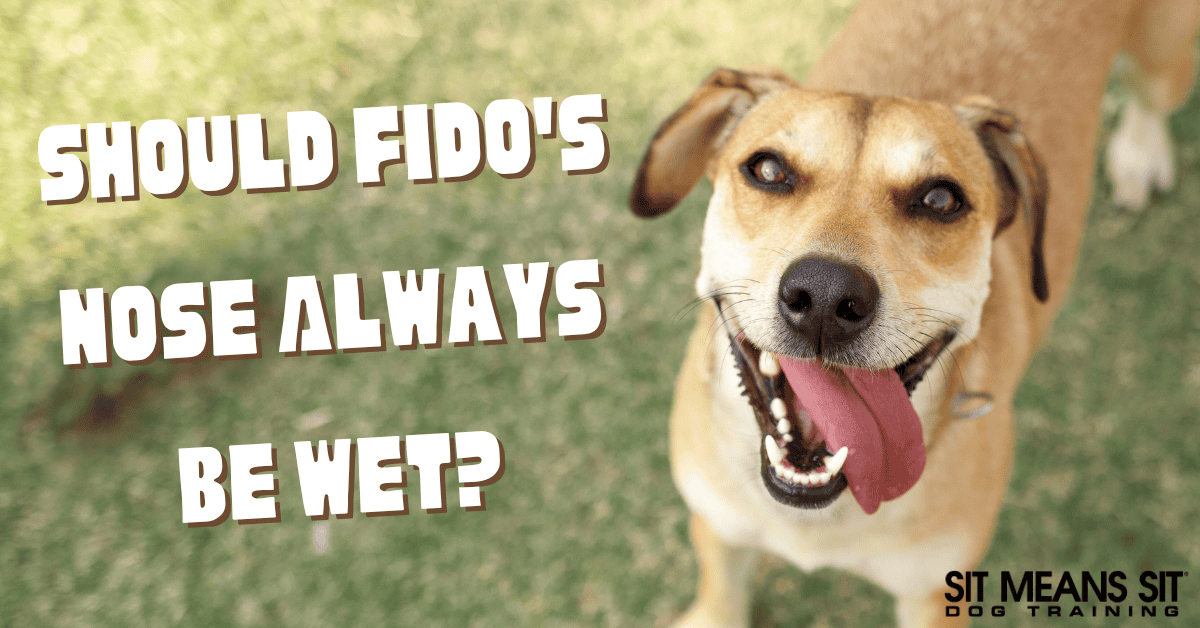If you’ve ever wondered whether your dog’s nose should always be wet, you’re not alone. It’s a common question among pet parents, and understanding the ins and outs of your dog’s nose can help you keep them healthy and happy. Keep reading to learn more about your furry friend’s sniffer!
Why Is My Dog’s Nose Wet?
A wet nose is often seen as a sign of a healthy dog. This moisture helps your dog stay cool, enhances their sense of smell, and even aids in licking their nose clean of dirt and debris! The wetness comes from a mix of mucus secretions and your dog’s habit of licking their nose frequently. It’s one of those charming quirks that makes our furry friends unique!
Does a Dry Nose Mean Something Is Wrong?
Not necessarily! While a wet nose is typical, a dry nose doesn’t automatically spell trouble. There are several harmless reasons why your dog’s nose might be dry. For instance, after a nap, it’s common for their nose to be dry because they haven’t been licking it. Dry weather, especially in winter, makes your dog’s nose less moist.
However, it’s essential to pay attention to any changes! If your dog’s nose is dry and cracked, or if you notice other symptoms like lethargy, loss of appetite, or a behavior change, it might be time to visit the vet. In rare cases, a persistently dry nose could signal an underlying health issue, like a fever or dehydration.
What About a Runny Nose?
Conversely, a wet or runny nose isn’t always a good sign. If your dog’s nose is excessively runny, especially if the discharge is thick, yellow, or green, it could indicate an infection, allergies, or even something more serious. Keep an eye out for other symptoms, such as sneezing or coughing, and consult your vet if you’re concerned.
How to Keep Your Dog’s Nose Healthy
Maintaining your dog’s nose in tip-top shape is easier than you might think! Here are some simple tips:
- Hydration is Key: Ensure your dog always has access to fresh water. A well-hydrated dog is less likely to have a dry nose!
- Sun Protection: Just like humans, dogs get sunburned. If your dog spends a lot of time outdoors, especially in the summer, consider applying a pet-safe sunscreen to their nose.
- Regular Check-Ups: Routine vet visits catch any potential issues early. During these visits, your vet can check your dog’s nose and overall health.
- Healthy Environment: Keeping your dog’s living area clean and free from allergens helps prevent runny noses caused by environmental factors.
While your dog’s nose is often wet, a dry nose isn’t always a cause for concern. Knowing what’s normal for your dog and keeping an eye on any changes is the best way to ensure their nose—and overall health—stays in great shape! If you’re ever unsure, don’t hesitate to consult your vet. After all, a healthy nose helps your dog enjoy all the wonderful smells the world offers!

Check out these related blogs for more tips to keep Fido healthy all summer!
Dry Eyes in Dogs: Causes & Treatment

